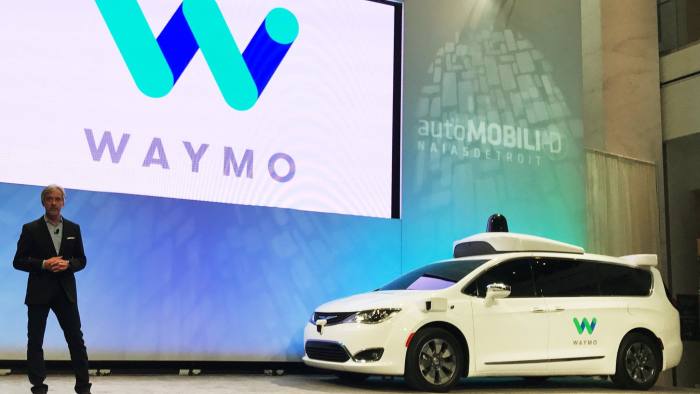https://www.youtube.com/watch?v=PUlF3rW8flU
« Cette innovation intitulée « Coded Couture » (« Couture Programmée ») repose sur le système Awareness API de Google, une application qui permet de recueillir différentes informations au quotidien — la température locale, les endroits où l’on mange ou retrouve ses amis, notre niveau d’activité physique — pour les combiner dans une seule interface de programmation (API). Ces données récoltées sur une semaine se matérialisent ensuite sous la forme d’une robe unique mise en vente dans l’appli ».
Source : Google et H&M utilisent vos données pour vous créer une robe sur mesure – Tech – Numerama







